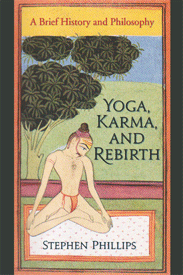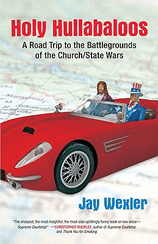John C. Fredriksen
John C. Fredriksen is the author of Honey West, a new non-fiction tribute to a short-lived ABC-TV series by the same title which was released on DVD last fall.
C rime fiction maven J. Kingston Pierce asked Fredriksen "about how ABC’s Honey West came into being, distinctions between the TV series and the Ficklings’ novels, why the show disappeared so damn fast, and what has become of both its stars and the car Honey wheeled about in so attractively."
rime fiction maven J. Kingston Pierce asked Fredriksen "about how ABC’s Honey West came into being, distinctions between the TV series and the Ficklings’ novels, why the show disappeared so damn fast, and what has become of both its stars and the car Honey wheeled about in so attractively."
Part of the interview, at The Rap Sheet:
J. Kingston Pierce: What first got you interested in Honey West?--Marshal Zeringue
John C. Fredriksen: I was only 12--you know, that impressionable age--when I first saw Honey West and, for reasons then unknown to me, I was simply captivated by Anne Francis. I had never quite beheld as woman like her before, especially in such a forceful, commanding role. I’ve been hooked ever since!
JKP: Tell us how the character first came into being, in print.
JCF: In the mid-1950s Forrest “Skip” Fickling was an aspiring fiction writer and, to be different, he toyed with the idea of a sexy female private investigator, something that had never been done before. When...[read on]


































